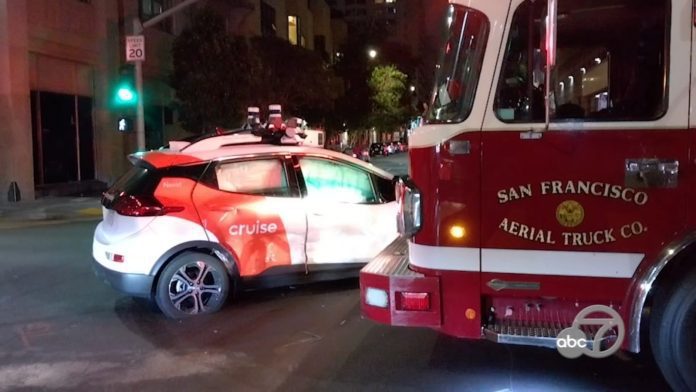The California Department of Motor Vehicles (DMV) is conducting an investigation into self-driving vehicles operated by Cruise, a robotaxi brand owned by General Motors.
Although the DMV is examining multiple traffic incidents involving the self-driving subsidiary, the probe was announced almost immediately after a Cruise vehicle collided with a San Francisco fire truck on August 17. The crash, which the company says resulted in “non-severe injuries,” came only one day after city lawmakers asked California regulators to put a planned robotaxi expansion on hold after several incidents involving emergency vehicles and self-driving cars. Under the revisions, Cruise and its Google-owned competitor Waymo are allowed to operate 24 hours a day, ending mandated time restrictions for autonomous vehicle operation. The move garnered opposition from San Francisco officials such as supervisor Aaron Peskin, who commented: “They should take a time-out and a pause until they’ve perfect this technology in a way where people don’t end up burning to death or getting injured.”
General Motors has agreed to put 50% of its self-driving fleet out of service until the state’s investigation is concluded. But a wider shutdown is a possibility, according to the DMV. In a statement, the agency noted it had the right “to suspend or revoke testing and/or deployment permits” if it determined that self-driving vehicles posed a threat to consumer safety.
Apart from California, Cruise has operations in Texas and Arizona. self-driving vehicles are facing increasing scrutiny from governor officials as they become more commonplace. Even partially autonomous cars have garnered regulatory pushback. The National Highway Traffic Safety Administration has launched multiple probes into driver-assistance software maintained by brands such as Tesla. General Motors spends roughly $2 billion annually to improve its Cruise division’s services.




